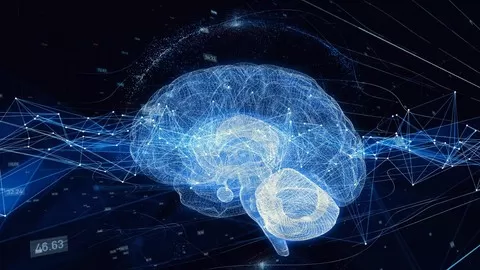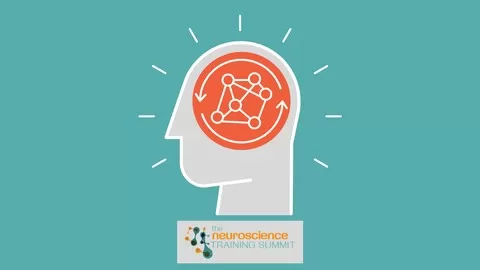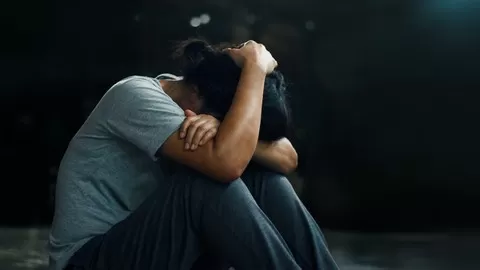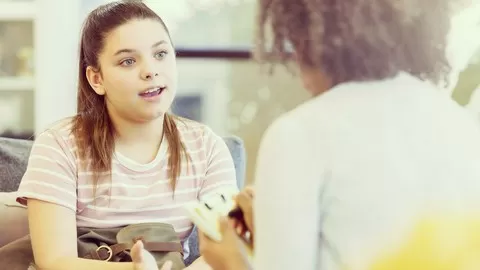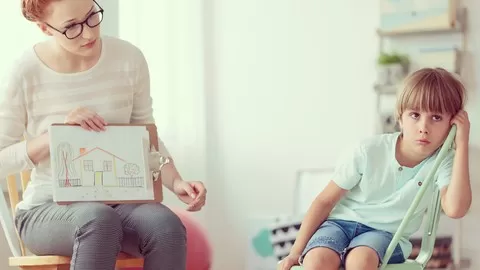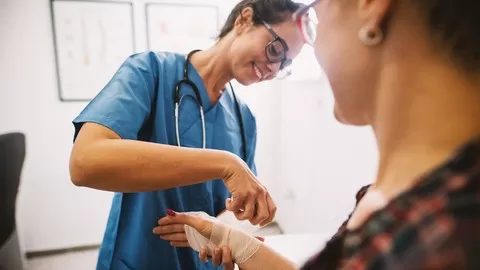Presenter: William Morgan, MD, MA
Join William Morgan, MD, MA in exploring the relationship of attachment as well as our brain’s development and how our experience or relationships with our mother, family, friends, and cultural experiences guides the brain’s development. “What fires together, wires together”. The roles of John Bowlby and Mary Ainsworth (the Strange Situation) will allow exploration of the secure / insecure patterns of attachment. The concepts of the social synapse, the social brain, circle of security and sociostasis will allow an understanding how relationships regulate our lives. Understanding how the brain has developed over time and how the various anatomical parts function to make us human, will help to explain the nature – nurture paradigm. The Polyvagal theory will help to explain how our behavior is based on the system you are functioning in at that time. The effects of trauma and Adverse Childhood Experiences will then make sense in how we have adapted in the face of trauma and adverse events. The good news is that our brain has neuroplasticity for our entire life span and can change if we are in the right relationships / environment.
Learning Objectives:
1. Define attachment and the role of Bowlby and Ainsworth
2. Describe the Strange Situation and the attachment patterns
3. Explain the concept of the social synapse
4. Explain the social brain
5. Explain Porges’ Polyvagal Theory of behavior
6. Explain the Circle of Security and how insecure attachment patterns are explained by the COS
7. Explain Sociostasis : How relationships regulate our lives
8. Explain the impact of early and chronic stress on our brain and body
This course is available for CE units from Arizona Trauma Institute. Contact luci.rhoton@aztrauma.org for further information.
